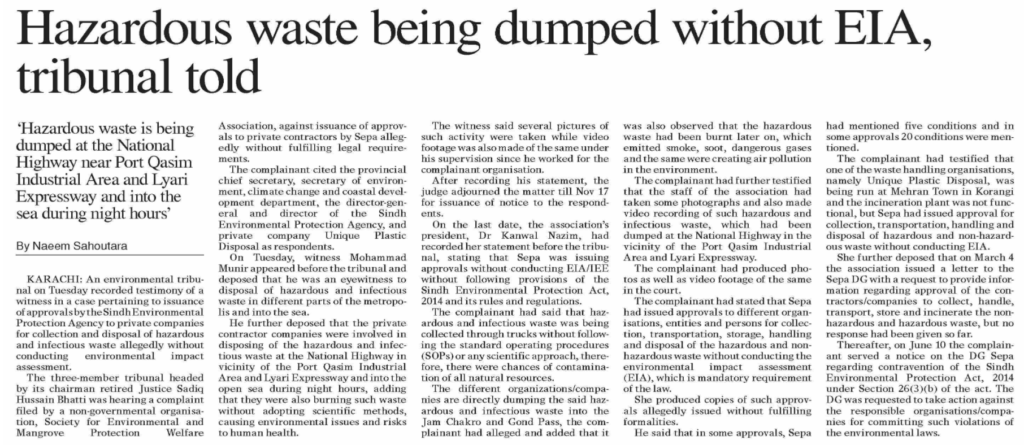Domestic
violence has been a matter of great concern in Pakistan. Due to the Patriarchal social system in Pakistan, women are the
ones who mainly fall victim to domestic violence abuses. Since the 1970s the
criminal justice system in many states began to treat domestic violence as a
serious crime and not as a private family matter.
In Pakistan, a Domestic Violence Protection bill was proposed
in 2009 which was passed in the National
Assembly but
subsequently failed to be passed by the Senate, within the prescribed period of
time. The bill faced much criticism by religious and political parties who
criticized the bill to be aiding in increasing divorce rates, being against the
principles of Islam and an attempt to promote Western cultures. After the
Eighteenth Amendment, the matter pertaining to the bill became a provincial
issue.
Sindh
was the first province to pass legislation with regards to Domestic Violence. The Domestic Violence (Prevention and
Protection) Act, 2013 was promulgated to ensure protection to victims of Domestic
Violence. The Act defines domestic violence as, “Domestic Violence includes but
is not limited to, all acts of gender based and other physical or psychological
abuse committed by a respondent against women, children or other vulnerable
persons, with whom the respondent is or has been in a domestic relationship”.
There is a long list of offences which come under domestic violence in the
aforesaid Act and most of the punishments of these offences are governed by the
Pakistan Penal Code, 1860. However, the punishments for some offences are set
out under the Act which are emotional, psychological and verbal abuse,
stalking, sexual abuse, tress pass and economic abuse. The punishments vary for
each offence as set out under the Act.
Subsequently, legislations were passed by Balochistan: The Balochistan Domestic Violence
(Prevention and Protection) Act, 2014 and by Punjab: The Punjab Protection of Women against Violence act 2016. While
the legislations passed by Sindh and Balochistan provides protection to victims
of domestic violence including women, children, vulnerable person or people in
domestic relationship, the legislation passed by Punjab only provides
protection to women who are victims to domestic violence.
Nonetheless, the province of Khyber Pakhtunkhwa has still not
passed any laws regarding Domestic Violence. Even though the Domestic Violence
against Women (Prevention and Protection) Bill-2019 is present in the assembly
but it is facing resistance from religious and political parties.
Despite the fact that Domestic Violence has been given its
due recognition much later by the Provincial Governments in Pakistan these
legislations will protect the rights of victims who are subject to domestic
violence and will curb the domestic abuses prevailing in our society.


